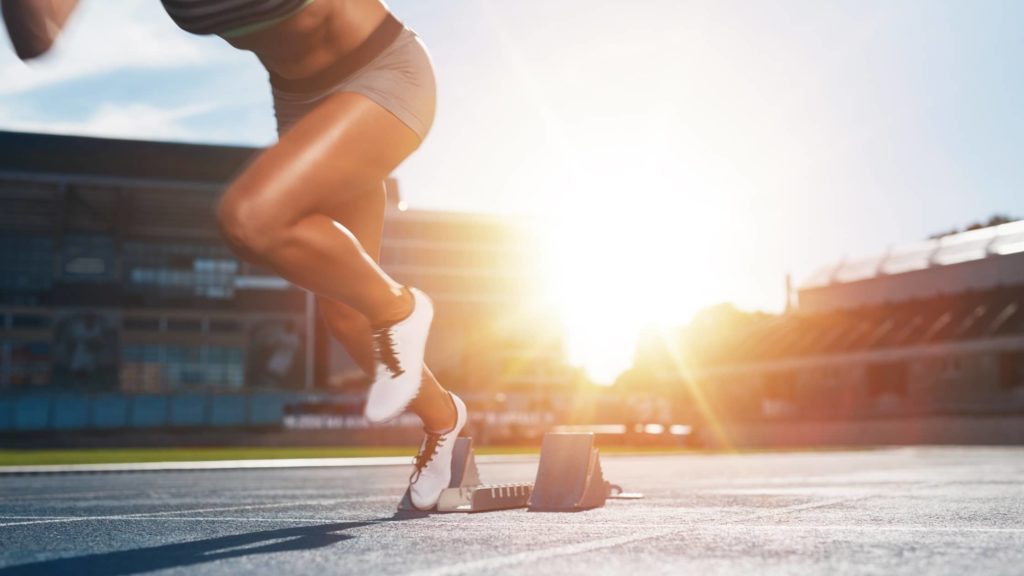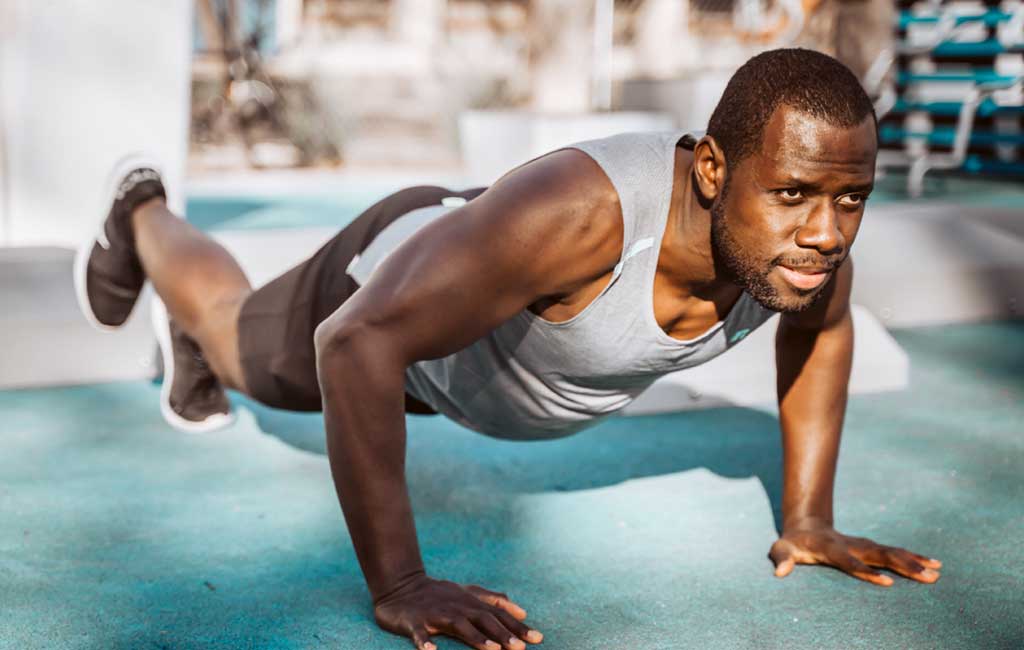Introduction
CBD (cannabidiol) oil has emerged as a popular topic of discussion among athletes and recreational enthusiasts alike. With claims of potential benefits ranging from pain relief and improved recovery to anxiety reduction, CBD has piqued the interest of individuals seeking alternatives to traditional pharmaceuticals and supplements. In this comprehensive guide, we will explore the uses, benefits, and considerations surrounding CBD for athletes and those engaging in recreational activities.

Understanding CBD
CBD is a non-intoxicating compound found in the cannabis plant, specifically in hemp. It is one of over 100 cannabinoids, each with its unique properties. Unlike its counterpart THC (tetrahydrocannabinol), CBD does not produce a “high” sensation. Instead, it interacts with the body’s endocannabinoid system (ECS), which plays a crucial role in regulating various physiological processes.
The Potential Benefits of CBD for Athletes and Recreation Enthusiasts
Pain Management:
- Athletes often face musculoskeletal pain and inflammation due to training and competition. CBD’s anti-inflammatory properties may help reduce pain associated with these activities.
- CBD interacts with pain receptors in the ECS, potentially providing relief from discomfort.
Improved Recovery:
- CBD is believed to aid in muscle recovery by reducing inflammation and oxidative stress.
- Enhanced recovery may lead to better training consistency and reduced risk of overuse injuries.
Stress and Anxiety Reduction:
- The pressures of competition and intense training can lead to anxiety and stress. CBD’s calming effect on the ECS may help athletes manage these challenges.
- Reduced anxiety can improve focus and overall performance.
Enhanced Sleep Quality:
- Quality sleep is essential for recovery and overall well-being. CBD’s potential to improve sleep patterns can be particularly beneficial for athletes.
- Better sleep may lead to improved athletic performance and reduced fatigue.
Anti-Nausea Properties:
- For recreational enthusiasts, CBD may help alleviate nausea associated with motion sickness or overindulgence.
- A more comfortable experience can enhance recreational activities.
Reduced Inflammation:
- CBD’s anti-inflammatory effects may reduce inflammation throughout the body, potentially benefiting athletes dealing with chronic inflammation issues.
Neuroprotection:
- CBD’s potential neuroprotective properties may have long-term benefits for brain health, especially for athletes involved in contact sports.
- While more research is needed, CBD’s role in protecting against neurodegenerative diseases is an area of growing interest.
Considerations When Using CBD

Legal Status:
- The legal status of CBD oil varies by country, state, and sport. Athletes should be aware of the regulations governing CBD use in their specific context.
- Some organizations prohibit CBD use, even if it is derived from hemp and contains no THC. Always check with your sports governing body.
Quality and Purity:
- To ensure safety and effectiveness, choose high-quality CBD products from reputable manufacturers.
- Look for products that provide third-party lab testing to verify their contents.
Dosage and Timing:
- The appropriate CBD dosage can vary based on individual factors such as body weight and metabolism.
- Start with a low dose and gradually increase it to find the right balance for your needs.
- Timing is also important; some users prefer CBD before exercise for its potential performance-enhancing effects, while others use it post-workout for recovery.
Interactions and Side Effects:
- CBD can interact with certain medications and may have side effects, such as dry mouth, diarrhea, or changes in appetite.
- Consult with a healthcare professional before incorporating CBD into your routine, especially if you are taking medications.
Full-Spectrum vs. Isolate:
- CBD products come in various forms, including full-spectrum (containing trace amounts of THC and other cannabinoids) and isolate (pure CBD).
- Athletes subject to drug testing should be cautious with full-spectrum products, as they may contain THC, which can result in a positive drug test.
Variety of CBD Products:
CBD is available in various forms, allowing users to choose the most suitable option based on their preferences and intended use. Common CBD products include oils, capsules, edibles, topicals, and even CBD-infused beverages. Athletes and recreational enthusiasts can select the delivery method that aligns with their specific needs and lifestyle.
Personalized Dosage and Usage:
One of the advantages of CBD is its versatility in dosage and usage. Athletes can tailor their CBD intake to meet their unique requirements. For example, those dealing with post-workout muscle soreness may opt for a topical CBD cream, while individuals seeking stress relief before a competition might choose CBD tinctures for sublingual consumption. This adaptability allows users to fine-tune their CBD regimen to optimize its benefits.
Potential for Combining with Other Supplements:
Many athletes and recreation enthusiasts use a combination of supplements to support their performance and recovery. CBD can often be integrated into an existing supplement regimen. It’s essential to maintain transparency with healthcare professionals and trainers to ensure that CBD supplements do not interact negatively with other substances or medications.
Research and Continued Discoveries:
The field of CBD research is rapidly evolving, and new discoveries about its effects on athletes and recreation enthusiasts are continually emerging. Ongoing studies are exploring the potential for CBD in managing sports-related injuries, such as concussions and joint issues. Additionally, research into the long-term effects of CBD use on athletic performance and health is gaining traction.
Conclusion:
CBD oil has gained popularity among athletes and recreational enthusiasts for its potential benefits in pain management, recovery, stress reduction, and overall well-being. However, it’s crucial to approach CBD use with knowledge and caution, considering legal regulations, product quality, dosage, and potential interactions.
Consulting with a healthcare professional is advisable before incorporating CBD into your routine, especially if you have underlying medical conditions or are taking medications. Additionally, staying informed about the legal status of CBD in your area and within your specific sport or activity is essential to avoid any unintended consequences.
As scientific research on CBD continues to grow, a more comprehensive understanding of its potential benefits and limitations for athletes and recreation enthusiasts will emerge. Ultimately, the decision to use CBD should be made with careful consideration of individual needs and goals, with a focus on safety, effectiveness, and adherence to applicable regulations.
